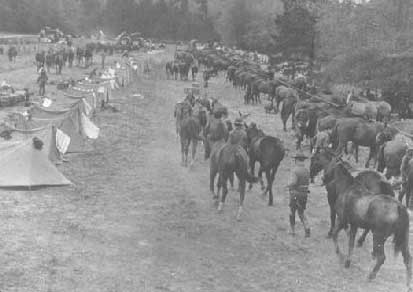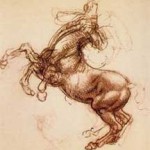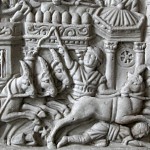Why I wrote “The Legend of the Great Horse”
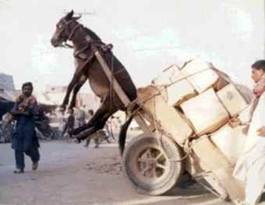
A tragedy sparked The Great Horse trilogy (of which Eclipsed by Shadow is the first volume). I came to know of this sad event because I lived in Cambridge, MA, where it occurred.
It happened in the 1990’s as a wave of corporatization washed over Harvard Square, which was at the time a vibrant, diverse, spirited bright spot of educational culture situated near the heart of Harvard Yard. Due to the end of rent control, incoming corporate chains and commercial development replaced the great old used bookstores in Harvard Square, which housed decades of professor libraries on their shelves and in high-piled boxes and book stacks.
A trove of civilization’s knowledge, irreplaceable in aggregate, telling the story of the decades of the twentieth century in first person. Walking along the crowded aisles and browsing historical works was like running your fingers through treasure that was never to be yours—or anyone’s.
Happily, people haven’t stopped reading or buying books, and a few of the old stores do still survive around Harvard. You can still stoop and step down to get inside often cave-like entrances, to the honeycomb of ceiling-tall smooth-worn wooden shelves completely filled with reams of books, multi-varied colors in a celebration of thought.
History books can be the most colorful of all, and they noticeably contain horses. In all of human history, since prehistoric times of cave paintings, some successful part of mankind has had horses. Horses have adapted to human needs in every era throughout history, from pack animals to chariot teams–and yet have not essentially changed at all.
Horses are not domesticated in the sense of cats and dogs, but still retain full basic instincts. That inner permanence has made the horse a cultural barometer of sorts: flourishing horsemanship is very often associated with successful society. The reverse is also true, and horsemanship can be lost to barbarism. (ie, Eclipsed by Shadow, Bk 1)
The idea of The Legend of the Great Horse came from the ancient belief that horses were a gift from the supernatural. The time-traveling ability of the Great Horse is inspired and informed by the ancient legends. Flight, mobility and transcendent transportation are symbolized in the horse: time-travel is a development of that role.
The story of human history is one of many worlds, and the horse has galloped through them with us. The Legend of the Great Horse trilogy is a celebration of the adventures our horses have shared with us.
It has been an exciting ride!
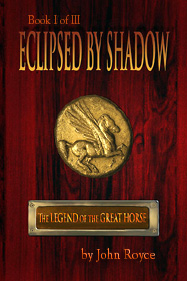 Check out the Excerpt Series from The Legend of the Great Horse trilogy!
Check out the Excerpt Series from The Legend of the Great Horse trilogy! Check out
Check out  John Allen Royce’s debut title, Eclipsed by Shadow, has been
John Allen Royce’s debut title, Eclipsed by Shadow, has been 



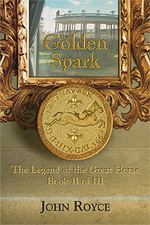
 A new
A new 
